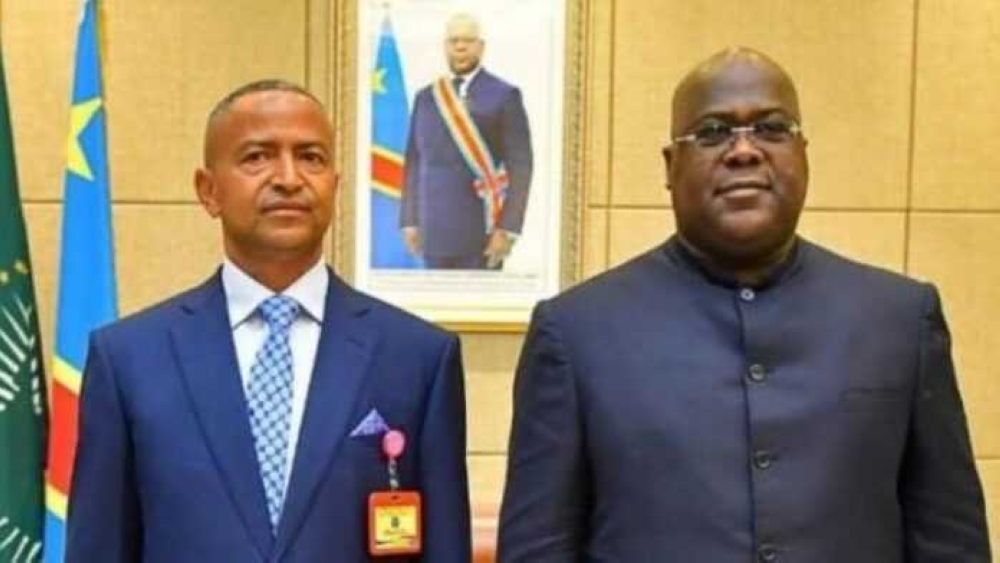

Keeping up with events in the DRC is not easy. One day the finance minister is declaring in the Financial Times that Rwanda is smuggling a billion dollars’ worth of minerals each year, then the next day you have the minister of communication admitting on the BBC that armed groups are a result of government ineptitude.
And just when you think you can catch your breath, the president appoints a convicted war criminal as defence minister. All this is happening as East Africa Community troops are deploying all over North Kivu. To add to this mélange straight out of hell, is the DRC election season.
Now, understanding the electoral politics of the DRC is not a simple task. On one side you have different players vying for the presidency, with some actively campaigning (Moise Katumbi, Felix Tshisekedi, Martin Fayulu, Vital Kamerhe) while others sit on the sidelines biding their time (Joseph Kabila).
Then you have the outsized influence of the Catholic Church. You also have the strange conduct of the electoral commission (CENI). And into that toxic mix enters the ‘Loi Tshiani’ (Tshiani Law)
The Tshiani Law, is a draft law that is being pushed by Noël Tshiani, a politician from the province of Kasai Oriental, and his political grouping, to ostensibly save the DRC from ‘infiltration’. The Law reserves access to the highest offices in the land, including the presidency, to only Congolese born to Congolese mothers and fathers.
If passed, this law would remove one of Felix Tshisekedi’s strongest rivals, Moise Katumbi (whose mother is Congolese and father Greek). Will his political party accept that without a fight? Will the people of Katanga? I doubt it.
What makes this law even more of a powder-keg is the fact that issues around nationality are actually one of the reasons that sparked the original conflict in North and South Kivu in the 1990’s. The framers of the Tshiana law are playing with fire. What bothers me, beyond the potential conflict it shall cause, is just how parochial the law is.
Instead of looking for strength from every which way, these politicians are actually going out of their way to weaken themselves.
A nation's strength isn’t the amount of gold and other precious minerals it has under its surface. Nor is it about how large it is based off of surface area. Neither is it about how many factories and industries it's home to.
A country’s strength is in its people and their shared ideal of what citizenship means. And it’s not only about how many people you have, it’s about their diversity as well.
As a country, Rwanda decided decades ago to stand in direct opposition to the ideology that the Tshiani Law is based on. The ideology that was chosen was founded on the ideals of collective strength and shared vision. You weren’t Rwandan because you, or your family came from this place. You were Rwandan because you shared the common ideals of what being a member of the community was all about.
I’ll not pretend and say that the ideals that Tshiani is spouting don’t have an audience, even here. They do. I’ve heard it spoken and written online. It reared its ugly head when government positions were announced recently.
The sentiment that I saw being voiced was, ‘did they fail to find qualified Rwandans’ to do the job (never mind that those voicing these sentiments weren’t qualified for those positions anyway). What I found most encouraging was the pushback that those comments received from their fellow Rwandans.
For our country to keep moving forward, we need all the help we can get. We need as much muscle and brain power that we can muster and that is why I think Rwanda is so open to people from all over the world.
We cannot afford to throw away people. Rwanda is big enough for all who aspire to the ideals of Rwandan-ness. Everyone has a role to play in this journey we are on and I’m happy to know that we want more diversity, not less.
The writer is a socio-political commentator


